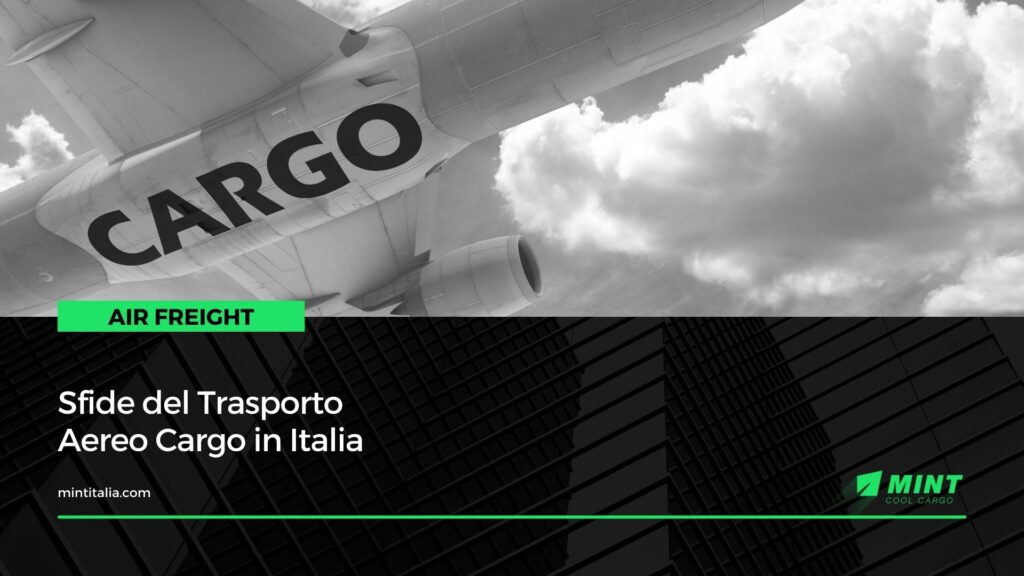The emergence of blockchain and distributed ledger technology (DLT) is revolutionizing the way shipping companies operate, offering a decentralized and transparent solution to the challenges related to transparency, traceability, and trust.
At its core, blockchain is a distributed ledger technology that enables the secure recording and sharing of transactions across a network of computers. Each transaction, or “block,” is cryptographically linked to the previous one, creating an immutable and tamper-proof record of all transactions. This decentralized architecture ensures that data is transparent, verifiable, and resistant to manipulation, providing a high level of trust and security.
By recording every transaction and movement of goods on a blockchain, stakeholders can easily track the journey of cargo from origin to destination in real-time. This visibility not only improves efficiency by reducing delays and disputes but also enables better decision-making and risk management.
In addition to enhancing transparency and trust, blockchain and DLT have the potential to improve overall supply chain efficiency by reducing paperwork, streamlining processes, and optimizing resource allocation. Smart contracts, for example, can automatically trigger payments or release cargo upon the completion of predefined conditions, eliminating the need for intermediaries and accelerating transaction settlement.
Moreover, by providing a single source of truth for all stakeholders, blockchain technology can reduce duplication of effort and improve collaboration across the supply chain.








